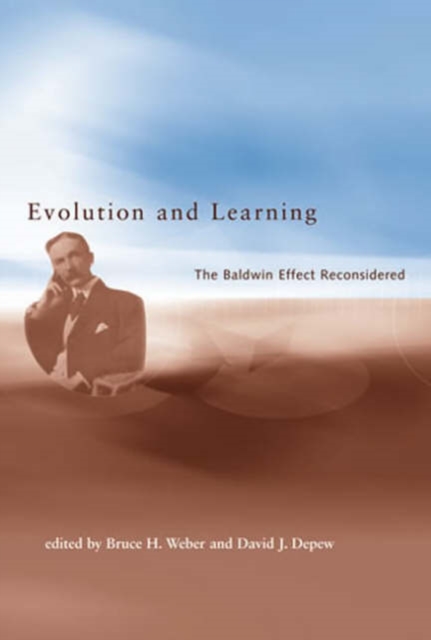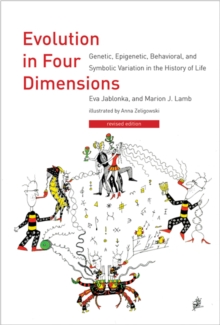
Evolution and Learning : The Baldwin Effect Reconsidered Paperback / softback
Edited by Bruce H. Weber, David J. Depew
Part of the Life and Mind: Philosophical Issues in Biology and Psychology series
Paperback / softback
Description
The role of genetic inheritance dominates current evolutionary theory.
At the end of the nineteenth century, however, several evolutionary theorists independently speculated that learned behaviors could also affect the direction and rate of evolutionary change.
This notion was called the Baldwin effect, after the psychologist James Mark Baldwin.
In recent years, philosophers and theorists of a variety of ontological and epistemological backgrounds have begun to employ the Baldwin effect in their accounts of the evolutionary emergence of mind and of how mind, through behavior, might affect evolution. The essays in this book discuss the originally proposed Baldwin effect, how it was modified over time, and its possible contribution to contemporary empirical and theoretical evolutionary studies.
The topics include the effect of the modern evolutionary synthesis on the notion of the Baldwin effect, the nature and role of niche construction in contemporary evolutionary theory, the Baldwin effect in the context of developmental systems theory, the possible role of the Baldwin effect in computational cognitive science biosemiotics, and the emergence of consciousness and language.
Information
-
Available to Order - This title is available to order, with delivery expected within 2 weeks
- Format:Paperback / softback
- Pages:352 pages, 12 illus.; 12 Illustrations, unspecified
- Publisher:MIT Press Ltd
- Publication Date:26/01/2007
- Category:
- ISBN:9780262731812
Information
-
Available to Order - This title is available to order, with delivery expected within 2 weeks
- Format:Paperback / softback
- Pages:352 pages, 12 illus.; 12 Illustrations, unspecified
- Publisher:MIT Press Ltd
- Publication Date:26/01/2007
- Category:
- ISBN:9780262731812










